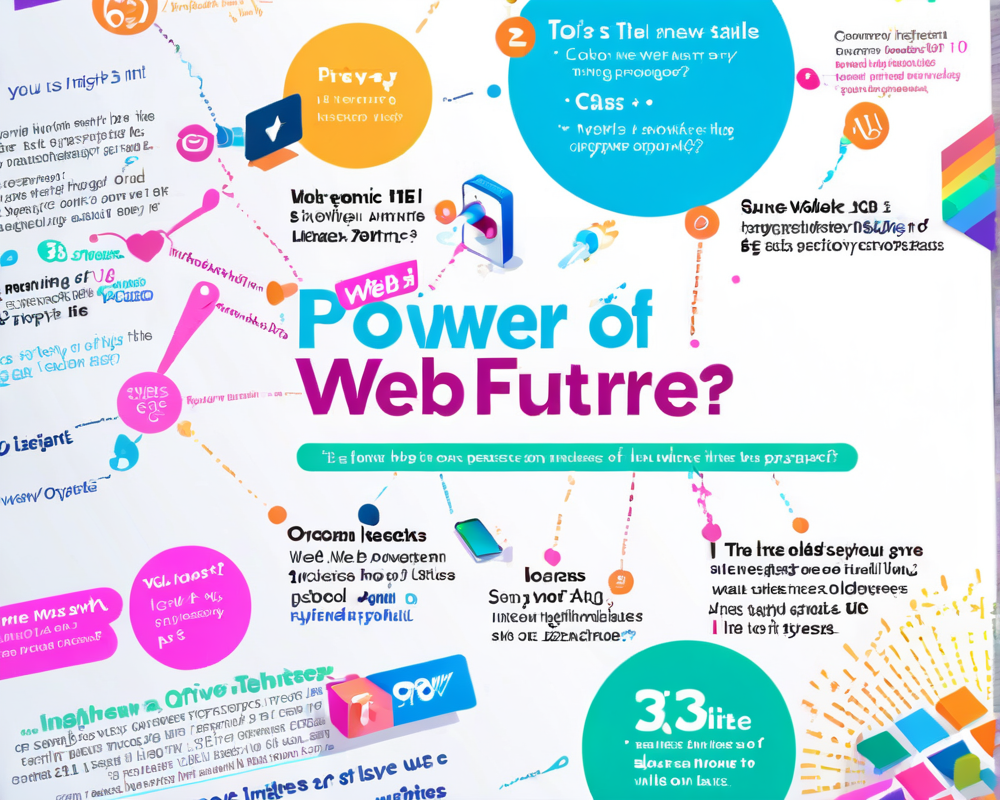The Situation Unfolds
In a bold move amid rising tensions, Binance has taken action against accounts tied to Hamas militants through requests from Israeli law enforcement. Co-founder Yi He made this announcement clear via a WeChat post on October 10, pointing out that while the freeze targets Hamas, it is not an indictment against the people of Palestine.
Understanding the Legal Landscape
Yi He didn’t mince words when he noted that Hamas is recognized as a terrorist organization by the United Nations. He stated:
“Hamas is a designated terrorist organization by the United Nations. Therefore, any organization, including banks and trading platforms, will need to cooperate on the receipt of freeze requests.”
In essence, Binance’s actions are not isolated decisions; they are part of a broader requirement for compliance in the global financial landscape, particularly when national security is at stake. This makes sense, but where does that leave ordinary users?
The Ordinary User’s Perspective
He reassured users that ordinary Palestinian civilians wouldn’t be impacted. Citing previous instances—like the temporary freezing of Russian accounts during the Russia-Ukraine conflict—He clarified,
“We did not freeze the accounts of ordinary Russians.”
This assurance may provide some comfort to users worried about being collateral damage in this complex geopolitical struggle.
The Role of Law Enforcement
Earlier reports highlighted how Israeli authorities had collaborated with Binance to freeze accounts allegedly used by terrorists to fund war efforts via social media channels. It raises an important question: how do exchanges balance user privacy with the demands of law enforcement?
How Common Is This Practice?
It’s not just Binance facing scrutiny. Many crypto platforms have to tread cautiously when it comes to requests from governments. The stakes are high; failure to comply could lead to severe sanctions and reputational damage.
Crypto Community Response
Interestingly, while accounts associated with Hamas were being frozen, local Web3 communities in Israel were pulling together for a different cause. The “Crypto Aid Israel” initiative is designed to support civilians affected by the ongoing conflict. So far, close to $50,000 has been raised in Bitcoin, Ether, and various ERC-20 tokens. It shows that in turbulent times, communities can rally for good, utilizing technology to bridge gaps.
Final Thoughts
As the lines between commerce and conflict blur, the actions taken by one of the world’s largest cryptocurrency exchanges shine a spotlight on how technology is interwoven with global events. Binance’s approach raises many questions about responsibility, compliance, and the role of blockchain in modern society.



